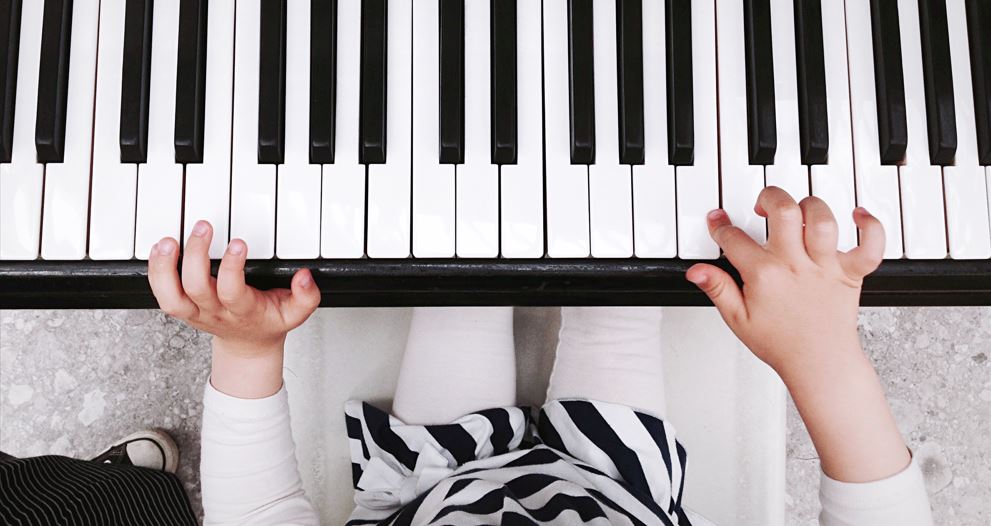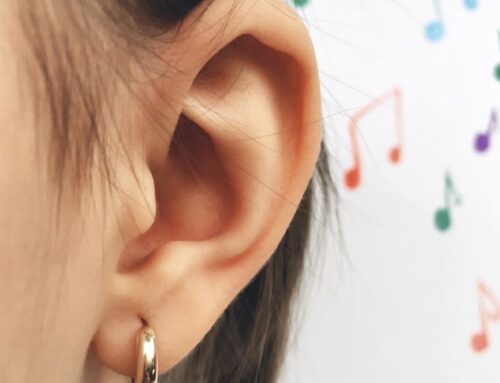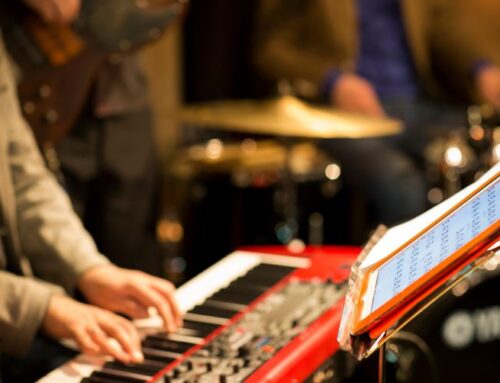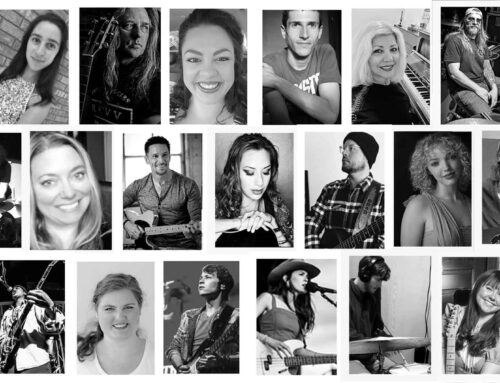With stories of child prodigies composing symphonies and performing operas occurring throughout history, it can raise the question of when you should get your child started with music lessons. While there is no perfect age to start lessons, there are some great guidelines and tips that can help parents awaken a love of music in their child.
When should we start incorporating music?
Many experts will agree that the sooner you start including music in a child’s world, the more likely it is that they will grow up loving it. Even playing music while a baby is in the womb can make a difference! For babies and young children, listening to music on the radio, playing games that involve music, and offering musical toys like drums and mini guitars can help ignite the musical side of their brain.
What’s the best instrument to start learning first? Often, it’s the piano (keyboard). There’s many reasons why including relative simplicity. Learn more on why the piano lessons is a great place to start learning!
Early music education should focus on fun
When we talk about music education most people will picture traditional music lessons with children learning from a teacher. However, for young children, simply including music and musical instruments in their day to day lives, without pressure to learn specific skills, is the best way to start. Encouraging young children to pluck away at a guitar, shake a tambourine, bang on toy drums and sing along to children’s songs is a great way to build a foundation for music learning.
The best age for music lessons
There is no set age that children have to begin taking music lessons, however there is somewhat of a recommended age range. When the child reaches around 3 years old they have likely reached the age where they can play, listen to, and engage with music for fun.
Between the ages of 3 and 9 years old their brains and bodies are more easily able to learn the associated skills. At this age their cognitive function, IQ, fine motor skills, and ability to concentrate have reached the point where they may be ready to begin taking music lessons.
There are a number of things to consider when deciding if your child is ready to take organized music lessons, including:
Their maturity level
Children who are too young will struggle with the more serious parts of learning a musical instrument like practicing and following the teachers’ instructions.
If they can sit still long enough
The younger the child is, the less likely they will be able to sit still long enough to take in a music lesson. Although the length of the lesson can be adjusted to suit the age of the child, they will need the ability to sit still for at least 20-30 minutes.
Their ability to retain information
Learning how to play an instrument requires a child to retain even a low level of information. If they are too young to remember some skills from one lesson to the next, they will have more of a difficult time learning their instrument.
Whether they can physically do it
A young child’s body is often unable to do what it needs to in order to play an instrument. Whether it’s piano keys, guitar or ukulele strings, or drum pedals, a child’s arms, legs and fingers need to be long and dexterous enough to attempt the proper positioning.
Their interest levels
Although you may have high hopes for your child to become a great musician, one of the most important things to consider when they are young is whether they are even interested in learning how to play. If they aren’t interested, they won’t be willing to put in enough effort to their lessons.
Music lessons are a great idea – when your child is ready
Encouraging a child to have an interest in music from a young age is a good way to ensure they grow up to experience the many benefits of learning how to play an instrument. However, it’s important not to start formal lessons too early, as it may end up having the opposite effect if they feel too much pressure before they are ready.






